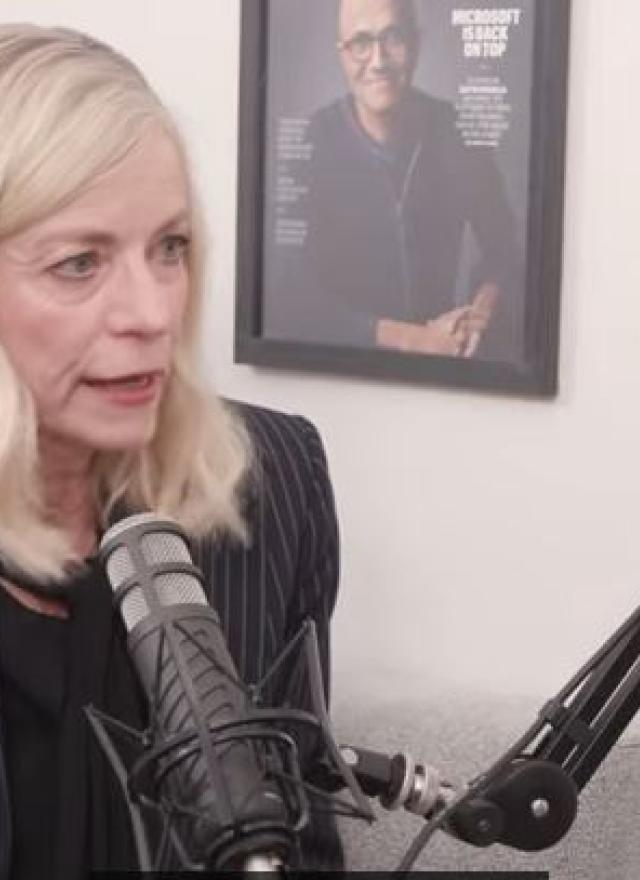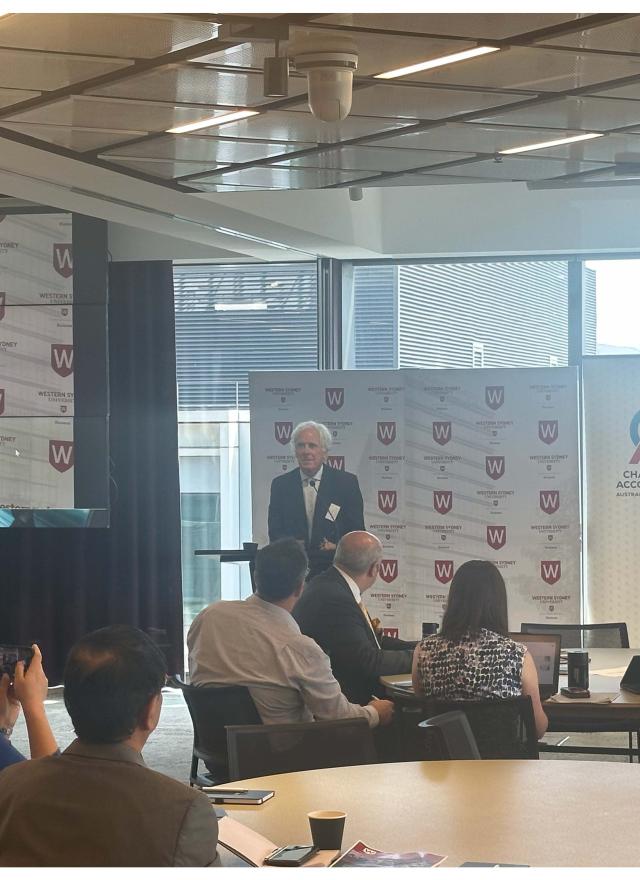The Latest

Robust Pricing in Marketing Channels
Newly accepted research by Professor Olivier Rubel
Professor Olivier Rubel’s research explains how pricing cautiously under uncertainty can reduce manufacturer-retailer markup conflicts, turning incomplete market data into a competitive advantage.

Why Sustainable Investing Cannot Be Everything at Once
Professor Ayako Yasuda: "Only 2% of sustainable funds actually pursue impact."
Sustainable investing promises financial returns, moral alignment and real-world impact—but can one fund deliver all three? Professor Ayako Yasuda reveals why conflating these goals creates confusion and limits genuine change.

How the Bank Founded by Alexander Hamilton is Transforming for the Future of Finance
Fortune interviews MBA alumna Cathinka Walstrom, BNY's Chief Commercial Officer
BNY’s Chief Commercial Officer, Cathinka Wahlstrom MBA 91, unpacks how a centuries old institution is transforming itself for the next era of finance—including how BNY is adopting AI and balancing tradition and innovation. View video.

Associate Dean Joe Chen Recognized at Principles of Community Celebration
Associate Dean and Professor Joe Chen was recognized at UC Davis’ Principles of Community 35th anniversary celebration, reflecting his commitment to an inclusive, collaborative campus environment.

Why Have Car Insurance Premiums Been Increasing Over the Past Years?
Distinguished Professor Hemant Bhargava says the probability of payouts has gone up, modern car parts are more expensive and insurers have been using better data analytics methods to separate out high-risk drivers.

How Fatal School Shootings Impact Local Economies
Associate Professor Mike Palazzolo and fellow marketing researchers found that fatal school shootings leave emotional and economic scars, with local spending dropping as people avoid restaurants and public spaces after a tragedy.

Frugality is Hard to Afford
Associate Professor Mike Palazzolo and his co-author of their award-winning article “Frugality is Hard to Afford” explain the "poverty penalty" and how financial constraints make saving money a challenge for lower-income households.

Professor Paul Griffin Earns Best Paper Award for Relevance to Investors of Methane Gas Emissions
How equity markets penalize firms for high levels of methane vs. carbon dioxide
Distinguished Professor Emeritus Paul Griffin recently earned the Best Paper award at the International Symposium on Carbon Accounting, Reporting and Sustainability 2025 hosted by Western Sydney University Business School.

Poets&Quants Honors Dean H. Rao Unnava with Lifetime Achievement Award
Award for leadership recognizes his enduring humanity
During his decade of leadership, Unnava has transformed UC Davis from a quietly ambitious regional business school into a nationally distinctive player that punches far above its weight in innovation, inclusion, and impact.

Making AI Work for You
State leaders deploy AI-powered tools with greater responsibility and equity.
CDT’s AI Community hosted Distinguished Professor Hemant Bhargava, who told state workers that despite AI's power, it still makes mistakes. “Using AI well requires oversight and, because oversight is expensive, we have to apply it strategically."

UC Davis Professor on the Marketing Strategy Behind Costco’s $1.50 Hot Dog Deal
Associate Professor of Marketing Mike Palazzolo explains why Costco’s $1.50 hot dog-and-soda combo has defied inflation for 40 years, noting, “When setting prices, profit isn’t everything—it’s about brand loyalty.”

UC Davis Dismisses the Cowtown Rumors
Poets&Quants talk business school myths and misconceptions
Minhua Zhu, a 2025 Poets & Quants MBA to Watch, dispels the myth that it’s just cows and turkeys at UC Davis, highlighting the advantages of a top-five public research university known for its interdisciplinary collaboration that drives innovation.
